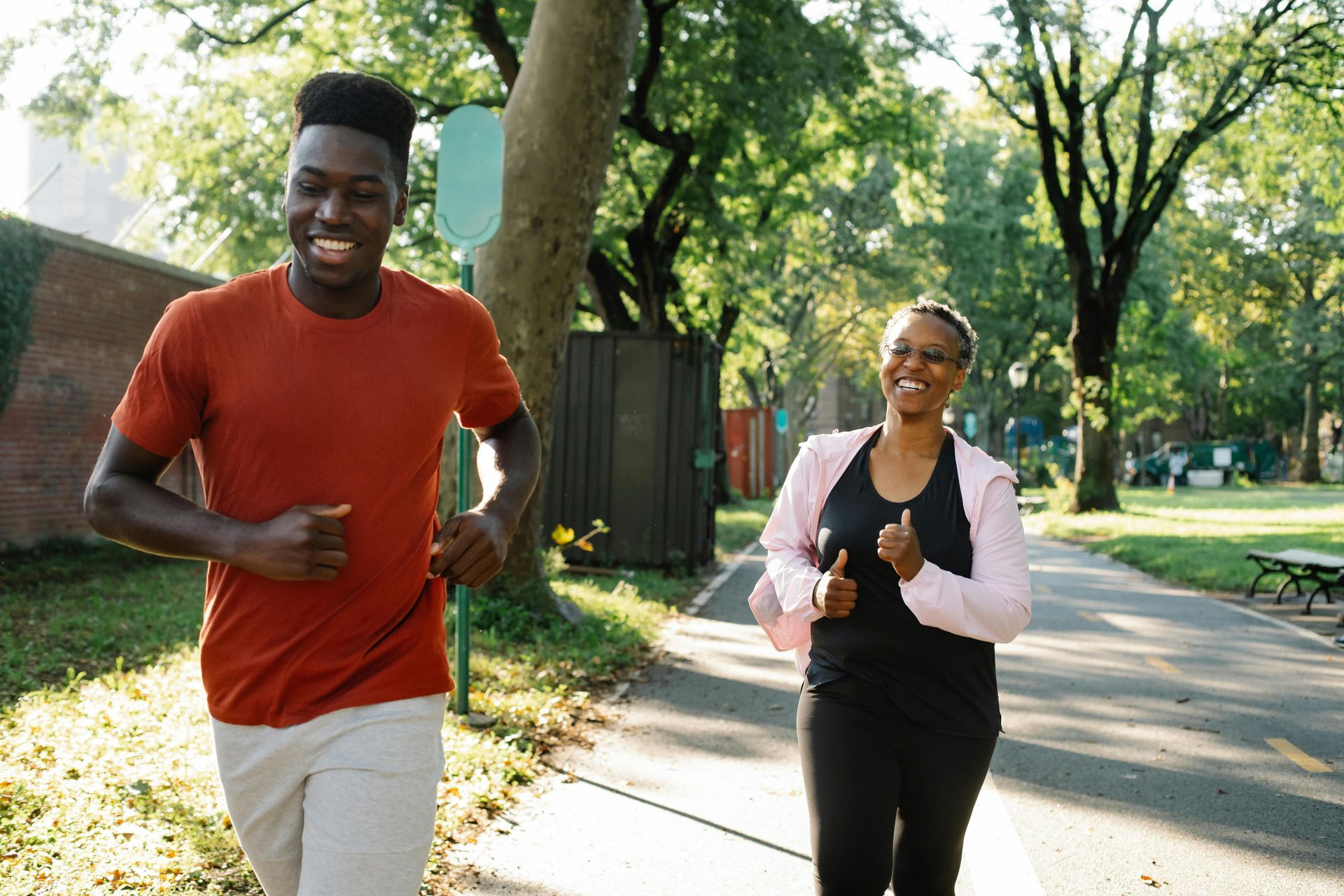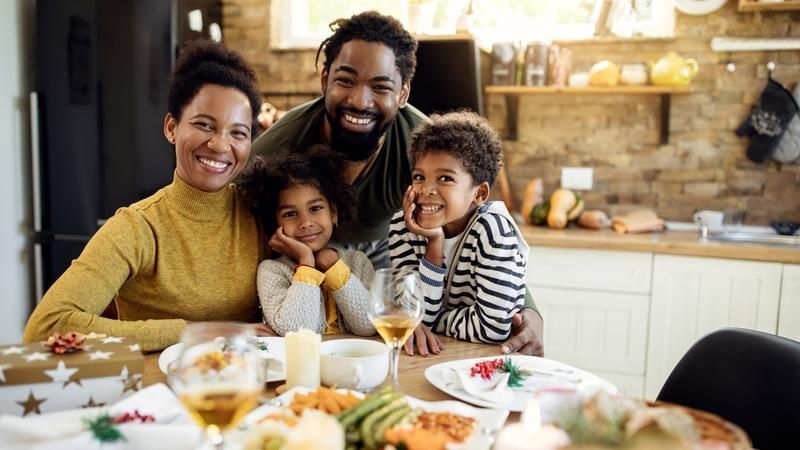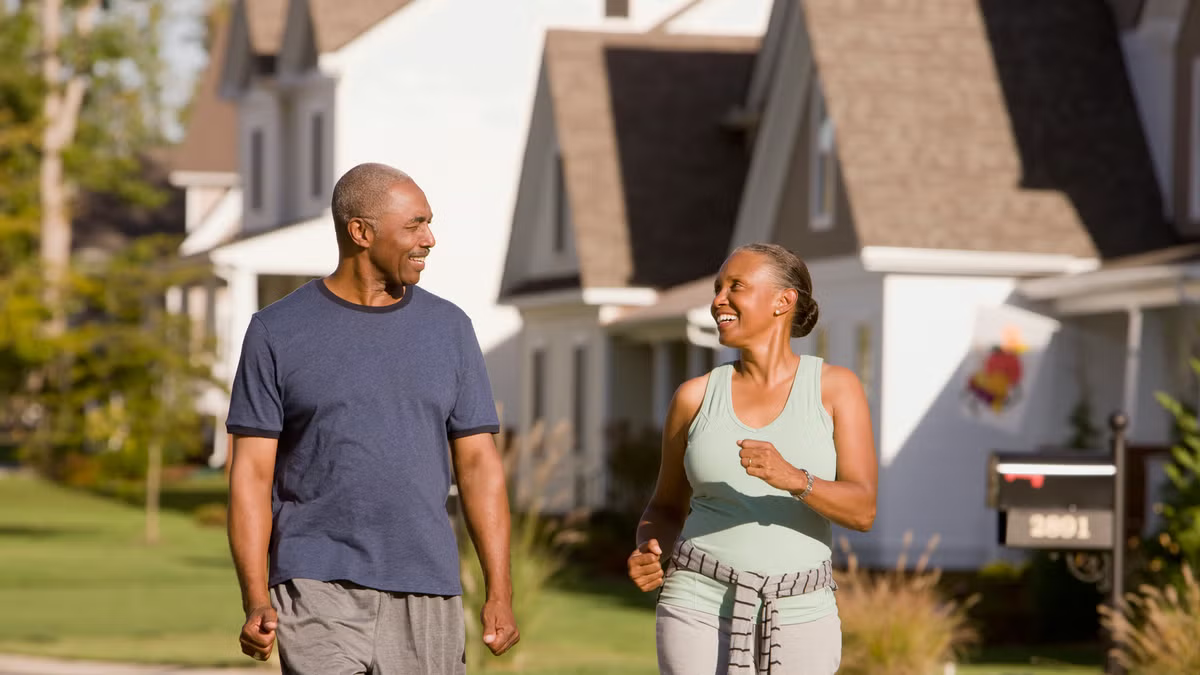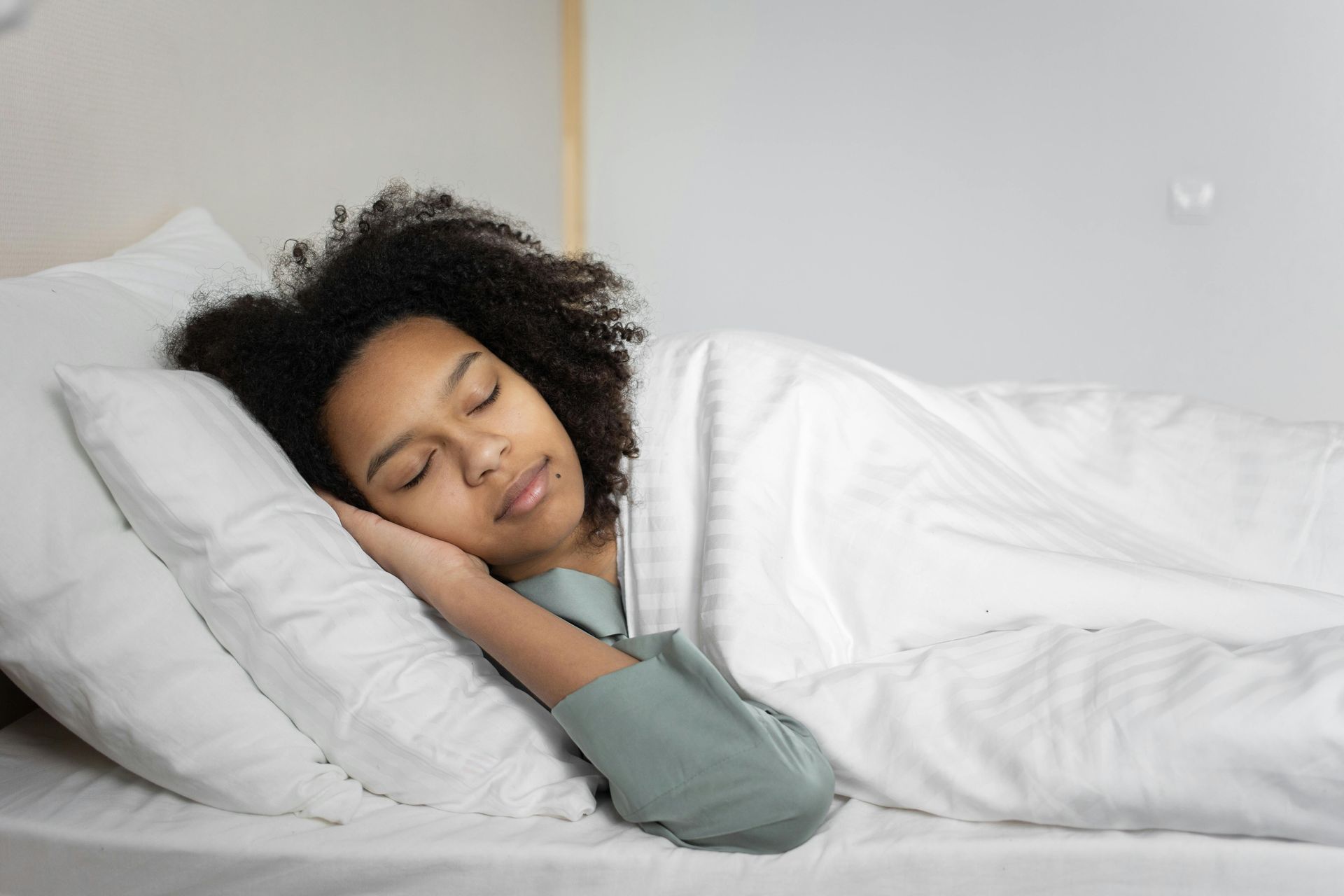Trauma and Healing for the Black Community
Mental health is often a topic that we ignore because of our busy lives. However, we must focus on mental health in order to provide adequate help to those in vulnerable communities who need it most.
In 2021, the National Institute of Mental Health reported that around 57.8 million adults over 18 in the United States were living with symptoms of mental illness. Of this number, a staggering 13.4% of those affected are from the Black or African American community, a total of seven million people facing severe mental health issues. This means almost 16% of the population identifying as Black or African American is struggling with mental health complications.
Mental health awareness is seemingly low due to stigmas, health disparities, and a lack of resources. This can be particularly difficult for the members of the Black community, who often experience negative attitudes toward seeking help, according to the Anxiety and Depression Association of America. As a result, mental health issues are more prevalent than ever in the population today.
On top of that, access to proper care isn't available to the Black community. Their problems and stress are frequently ignored as a result of insufficient help and attentiveness. When someone struggling with mental health issues is told they are weak, symptoms such as depression and anxiety can worsen.
Only 25% of Black people have a college degree or higher as of 2017, while 20% of them have lived in poverty as of 2018, reports Mental Health America, a nonprofit devoted to helping individuals with mental health. Such environmental factors can lead to a lack of proper healthcare, resulting in individuals disregarding their mental health to prioritize daily tasks and work. Unfortunately, for those who need to make money daily to put food on the table, getting
therapy or discussing mental health may not be the first thing on their agenda.
Additionally, there is a financial concern because therapy may be expensive, particularly without insurance, with costs ranging from $100 to $200 per session (depending on the therapist). Many people need help to afford these costs weekly, even with insurance, which copays can vary from $20 to $50 per session. Also, there are typically insufficient therapists of color (POC) to pick from, even if some are prepared to deal with financially struggling clients.
When clients finally build the courage to speak to someone, they want to know they will be heard and understood. This is why so many clients prefer to talk to someone who looks like them. The mental health and therapy field has not always been where Black people and other people of color were safe, understood, and treated with respect and care.
"Historically, there has been quick pathologizing of Black people and other people of color, leading to harsh and unfair treatment practices. Therefore, having someone who looks like you feels a bit safer and decreases the risk of being misunderstood and mistreated." – Ebony Butler
Ultimately, Dr. Butler advocates that a necessary step would be to target the issues that disproportionately affect Black people and other minority groups at a systemic level. This will require implementing laws and policies that prioritize these communities' mental health, as well as addressing issues such as access to and cost of mental health resources.
At BPHN, we connect Montgomery County, MD Residents to Culturally Specific Therapy and Counseling Services.
Learn More.
Credits Penny Min - Trauma and Healing for the Black Community
https://healthnews.com/news/trauma-and-healing-for-the-black-community/
















